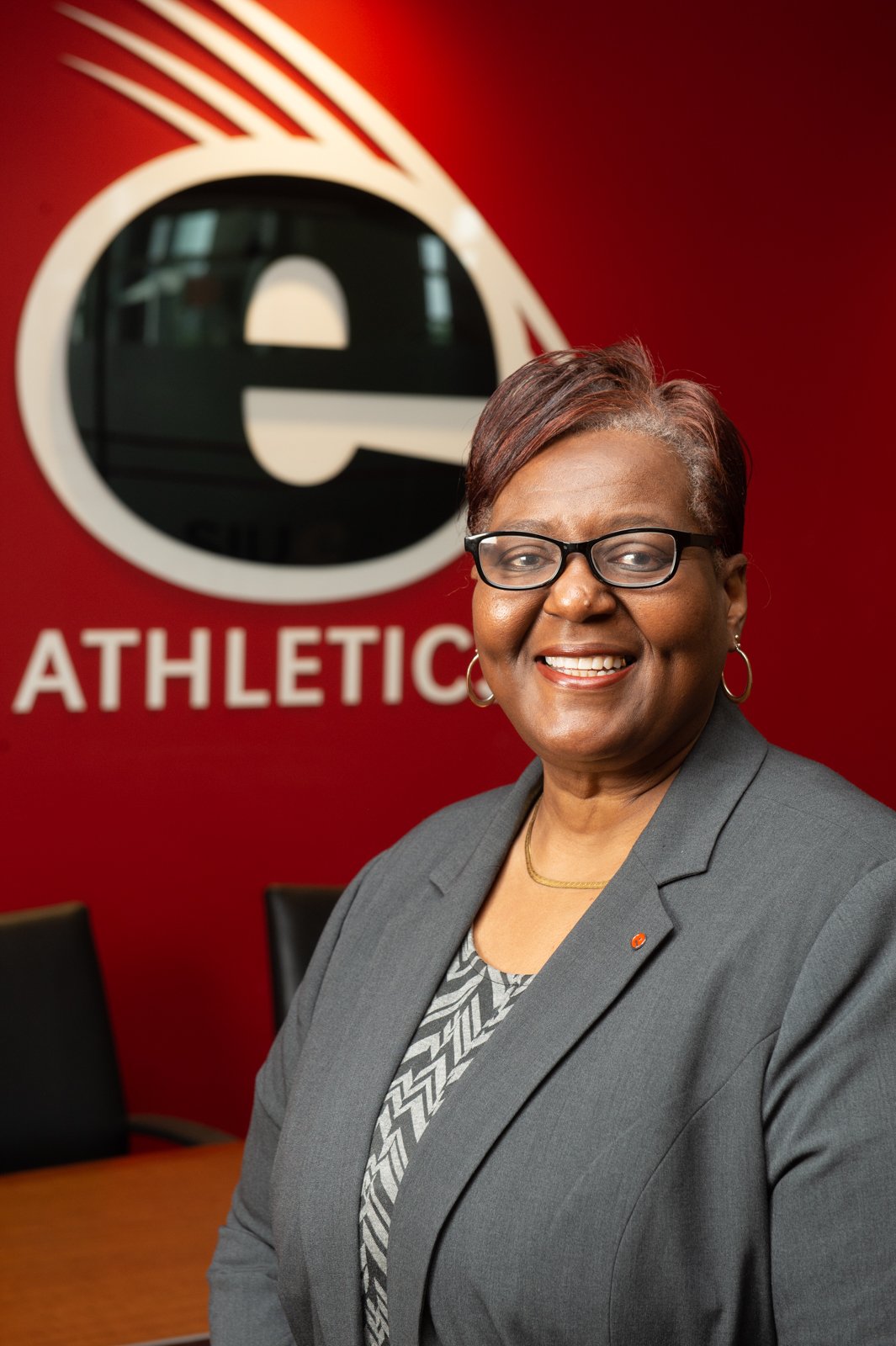Shortly after midnight after the election these words came to my mind as I watched MSNBC discuss the future of our country. Part of me felt like it could not be true and the other part of me immediately began to think of survival strategies for people who have not prepared for a time such as this. So, since we are not going back what do we need to do to continue the journey even if the road will be rough and perhaps even more barriers. We have already begun hiding the words diversity, inclusion in words like belonging and cultural awareness. No one wants to hear anything about equity so how will we continue the equity journey hidden behind what words. In all honesty it is time to take a real look at how we fund what we deem to be critical educational and life changing experiences and recognize this country was built on capitalism and not human dignity and respect.
So, the work of DEI, DEIB, ADEI (all the acronyms) will just be more challenging with little to no resources, but capitalism lives so how do we begin to strategize and look at the work from a capitalist standpoint or perspective. I might be speaking from a disappointment position right now, but I am on to something because capitalism cannot survive without people and especially poor and working-class people. Perhaps we have approached these recent movements (Black Lives Matter, George Floyd, Antiracism) from a “feelings” perspective and not a financial standpoint. Everyone has a motivation for change so does America. This is now my motivation to write, contribute to new ways of doing the work and pass whatever knowledge I have to the next generation who will do this Justice work however it is framed at your institution.
Those of you who have made a commitment to valuing all people with an equity minded approach you must not abandon the work you have been doing or the ground you have gained at your institution because of national, state, regional or local changes, state funding or internal institutional support. There is money out there to continue the work however, we must begin to think differently about how we seek funding for what we believe to be critical cultural systemic programs and initiatives that are life changing for college students and academic communities. Athletics is a proven example to follow when it comes to fundraising. I encourage you to start by looking for sponsorships and partnerships to support your vision. Here are five strategies to explore:
- Tell your institutional cultural diversity and inclusion story (how has the institution changed because of diversifying its experiences and community relationships).
- Revisit the history of the institution and find a common theme that supports the mission of your office and success of every student: use this platform to leverage alumni who were a part of your programming or whose lives were transformed while they were at the institution.
- Invite students, faculty, and staff of all areas of diversity (race, culture, economic, geographical, language, religion) to tell their story about how their lives have been changed by your programming and offered experiences.
- Collaborate with your university Foundations Office. Schedule an appointment to sit down with them and tell them how your office has contributed to transforming student’s lives. They will help you develop a donor base by finding people who have a passion and heart for what you are doing. Donors love a success story and I guarantee you there are many transformative stories. Remember no institution will turn down private donor dollars. There is somebody out there looking for something to invest in that will change the world.
- Finally, “believe” in the work you do and have a passion for the opportunity to impact the next generation on ways that will ensure diversity, inclusion and even equity will be a given and become a part of the branding of the institution. These five strategies are just a tip of the iceberg of the many ways in which you can continue your institutional journey of inclusive excellence and remember, we owe a debt to our ancestors, and we cannot go back we just have to think differently, approach reality differently, and as Tim Walz said, “sleep when we are dead.” In it to WIN it!




















